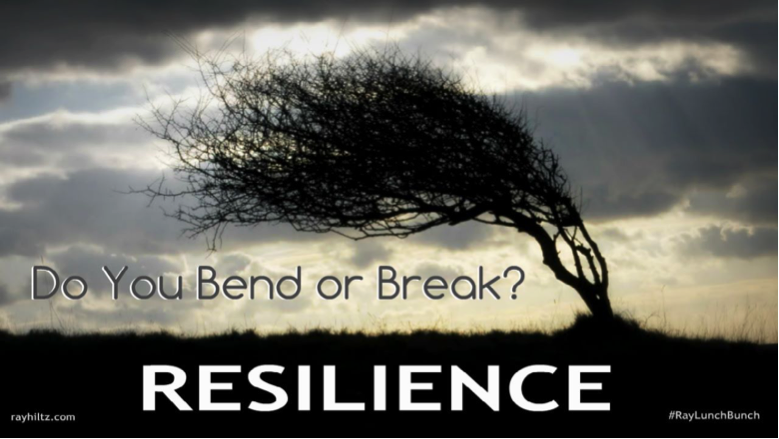Abstract
The paradoxical truth is that vulnerability can save lives. For example, denying that one is vulnerable to the deadly coronavirus and refusing to be vaccinated has caused many unnecessary deaths.
Vulnerability is an existential reality. It becomes our weakness only when we deny or avoid it. But it can be our greatest courage when we (a) become fully aware of this inescapable fact, and (b) embrace and make the best use of our inherent vulnerability. This is one of the basic tenets of existential positive psychology (PP 2.0).
“Vulnerability” is derived from the Latin word vulnerare (to be wounded), implying the absence of adequate protection against all kinds of dangers. This term is often interpreted as weakness. However, Brené Brown (2012) challenges this cultural myth when she says, “In our culture, we associate vulnerability with emotions we want to avoid such as fear, shame, and uncertainty. Yet we too often lose sight of the fact that vulnerability is also the birthplace of joy, belonging, creativity, authenticity, and love.”
Recently, there is more empirical research demonstrating that shame can be transformed into strength (Mayer & Vanderheiden, 2019; Wong, 2017). According to PP 2.0, no human being is immune from the uncomfortable feelings of vulnerability from painful feelings of shame, guilt, and fear of dangers. Awareness of our inherent vulnerability is the first step towards resilience and flourishing (Wong, 2021).
We propose that such deeply rooted feelings may be part of our DNA and play an important part in our survival and resilience. The present symposium further investigates why awareness of vulnerability is adaptive and how we can transform vulnerability into resilience and wellbeing.
Learning Objectives
In the summit, participants will learn:
- The importance of understanding vulnerability as an inherent aspect of being human.
- Vulnerability to shame, guilt, and fear is also part of human nature and can be regulated through acceptance and transformation of certain vulnerabilities.
- People from sharing cultures and early experiences of secure attachment, are better prepared to accept and cope with vulnerabilities.
- The lived experiences of vulnerability in different stages of development.
(This introduction was for the Summit on Vulnerability to Resilience at the International Network on Personal Meaning’s 11th Biennial International Meaning Conference, August 6-8, 2021, Toronto, Ontario, Canada.)
References
- Brown, B. (2012). The power of vulnerability: Teachings on authenticity, connection, and courage [Audio CD]. Sounds True.
- Mayer, C.-H., & Vanderheiden, E. (Eds.). (2019). The bright side of shame: Transforming and growing through practical applications in cultural contexts. Springer.
- Wong, P. T. P. (2017). The positive psychology of shame and the theory of PP 2.0 [Book review of The value of shame: Exploring a health resource in cultural contexts by E. Vanderheiden & C.-H. Mayer (Eds.)]. PsycCRITIQUES, 62(34). https://doi.org/10.1037/a004097
- Wong, P. T. P. (2021). Existential Positive Psychology (PP 2.0) and global wellbeing: Why it is Necessary During the Age of COVID-19. The International Journal of Existential Positive Psychology, 10(1), 1-16.
Cite
Wong, P. T. P. (2021, August 6-8). Meaning Conference 2021 summit symposium: From vulnerability to resilience – introduction. In P. T. P. Wong (Chair), Vulnerability to resilience [Symposium]. International Network on Personal Meaning 11th Biennial International Meaning Conference, Toronto, ON, Canada.

 Meaning Conference 2025 will be the INPM’s first in-person conference with a virtual option after the pandemic.
Meaning Conference 2025 will be the INPM’s first in-person conference with a virtual option after the pandemic.